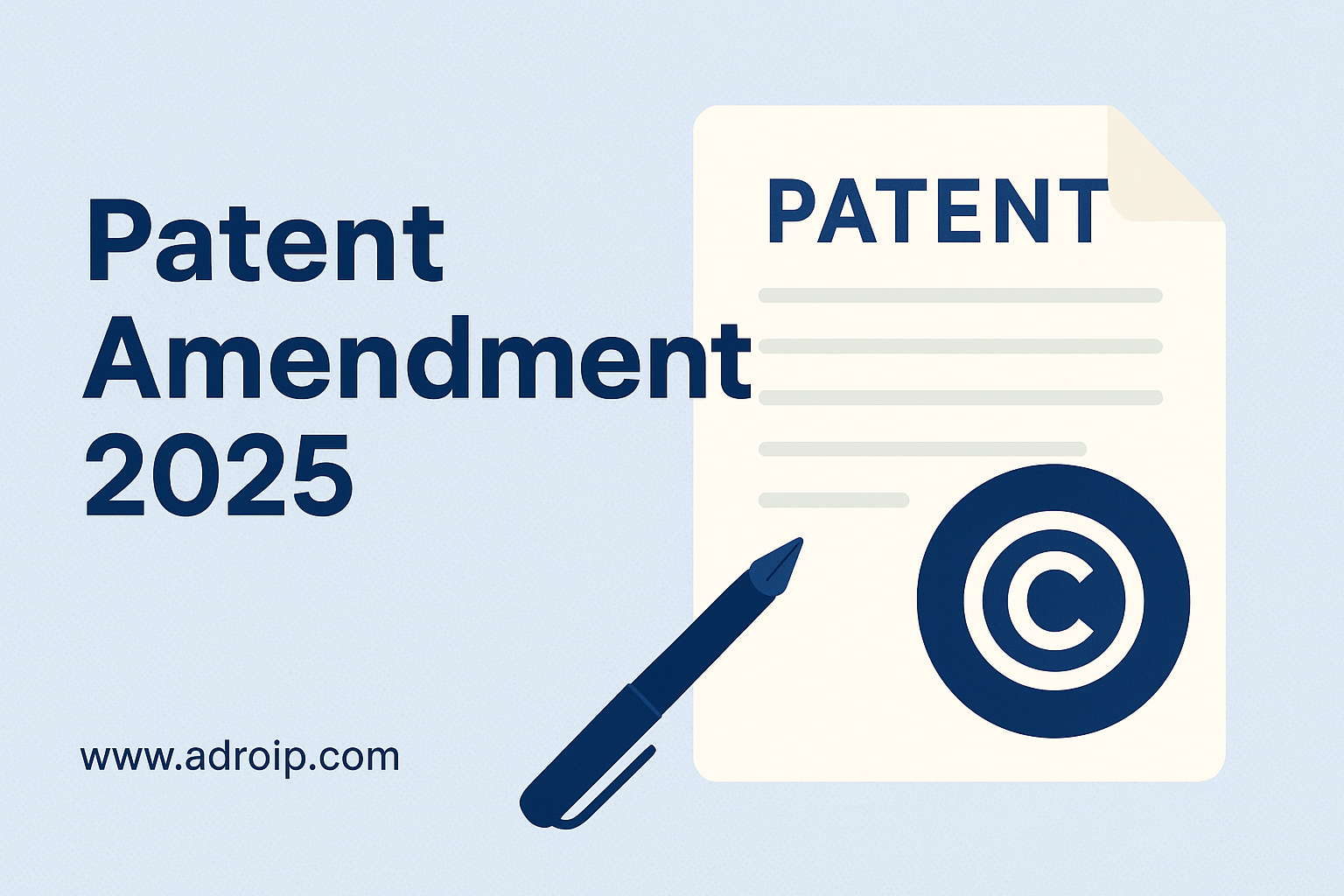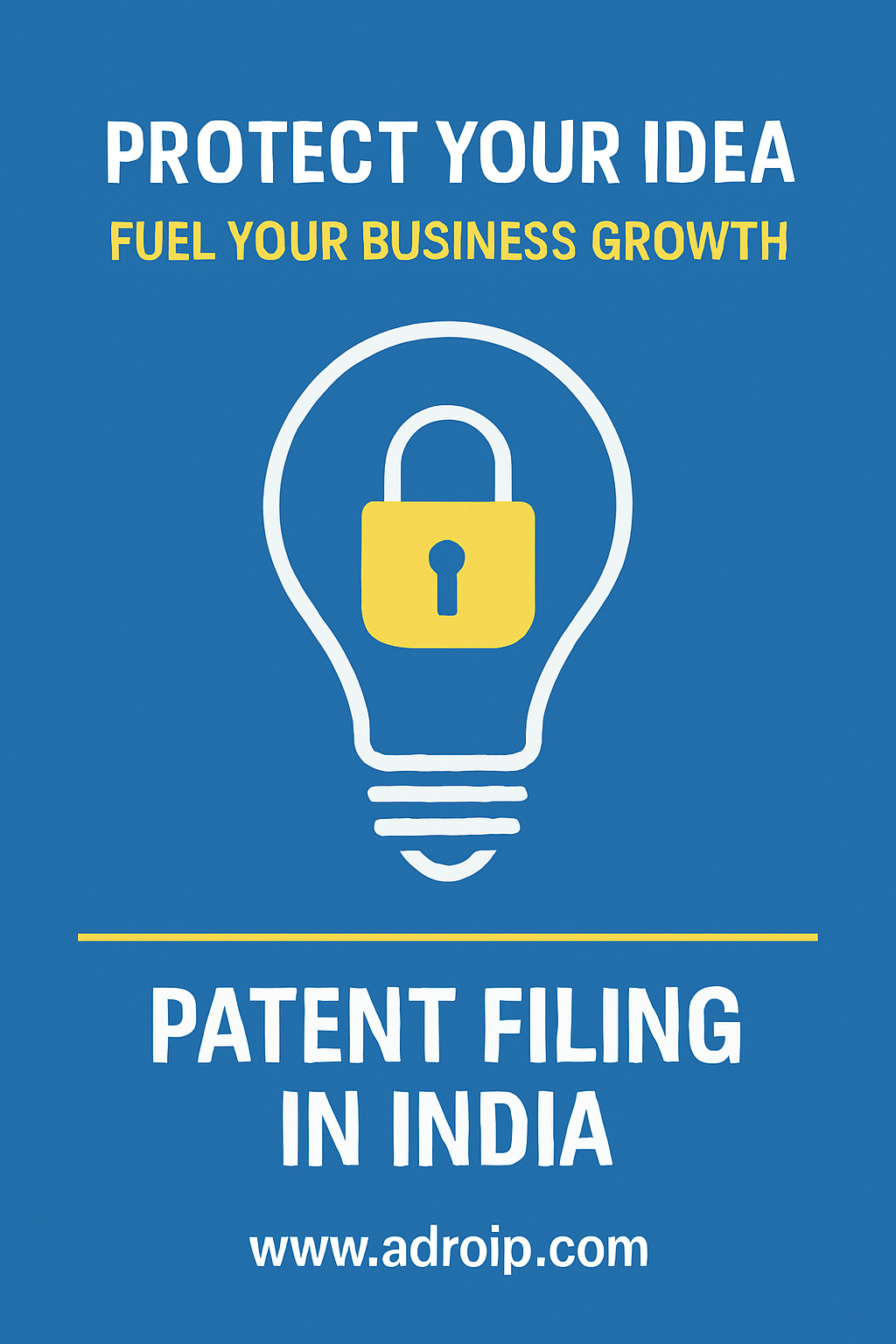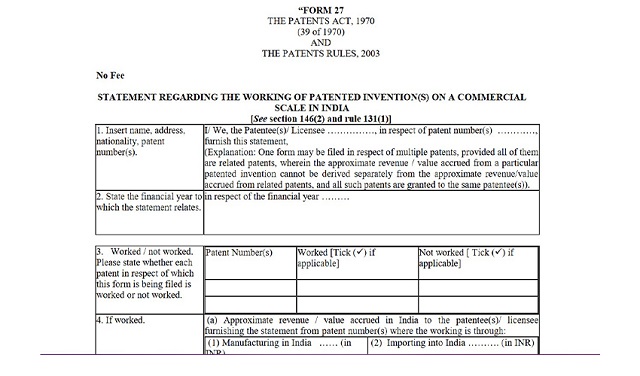 Patent Amendment 2025 — Practical Guide for Innovators
Patent Amendment 2025 — Practical Guide for Innovators
India’s Patent Amendment 2025 introduces targeted changes designed to speed up prosecution, reduce procedural burdens, and encourage innovation—especially from startups and green-technology developers. The reform refines filing steps, extends certain compliance windows, tightens opposition procedures, and creates faster pathways for sustainability-focused inventions. For companies, research institutions, and individual inventors, these updates create new tactical considerations when planning filings and managing patent portfolios.
What changed and why it matters
- Simplified filing process — The amendment reduces duplicative paperwork and clarifies required submissions, making initial filings and follow-up documents easier to manage. This reduces administrative friction for entities without large IP teams.
- Longer compliance windows — Deadlines for specific documents and responses have been extended, giving applicants more time to gather evidence, prepare technical inputs, and coordinate international filings.
- Stricter opposition framework — The rules for pre- and post-grant oppositions now include tighter timelines and well-defined admissibility criteria, discouraging frivolous challenges while preserving legitimate third‑party review.
- Fast-track for green tech — Patents claiming environmental or sustainability benefits are eligible for accelerated examination, encouraging innovators in renewable energy, clean manufacturing, and related sectors to seek early protection.
- Startup-focused relief — Fee concessions, prioritised processing options, and lighter documentary burdens for eligible startups and MSMEs improve access to patent protection and can reduce the overall cost and lead-time of securing rights.
These reforms collectively aim to improve clarity, reduce backlog pressures, and align India’s patent framework with international best practices.
Practical impact on applicants
- Startups and small teams: Lower initial friction and extended timelines reduce the need for immediate, expensive legal support; still, early engagement with experienced techno-legal advisors preserves drafting quality and prosecution strategy.
- Corporates and R&D labs: Faster examination pathways and clearer opposition rules improve portfolio planning and monetization timelines; consider prioritising green-tech filings to leverage expedited review.
- Universities and research centres: Simplified compliance and extended deadlines allow researchers to focus on technology transfer and commercialization without administrative overload.
- Patent prosecutors and firms: Expect a shift in workload from chasing short deadlines to strategic prioritisation, with greater emphasis on robust claim drafting and early evidence collection.
Recommended action plan for applicants
- Reassess filing priorities — Identify inventions that benefit most from fast-track examination (notably green tech) and schedule filings accordingly.
- Strengthen initial drafts — Use the extended timelines to gather supporting data and craft prosecution-ready specifications that minimise examiner objections.
- Prepare opposition-defence material early — Anticipate challenges for high-value filings and compile prior art and technical evidence during the prosecution phase.
- Use SIPP and startup concessions — If eligible, claim fee reductions and facilitation benefits to lower costs and accelerate processing.
- Maintain a global view — Coordinate national filings with international strategy to avoid conflicting deadlines and missed opportunities.
How Adroip Services helps
- Targeted patent searches and prior-art landscaping to identify novelty and freedom-to-operate risks.
- Techno-legal drafting that anticipates examiner objections and opposition scenarios.
- SIPP-aligned facilitation for eligible startups, including documentation and reimbursement support.
- Fast-track filing advisory for green-technology inventions and priority-case handling.
- End-to-end prosecution support, from initial filing to responses, oppositions, and grant-stage formalities.
Adroip’s team of experienced techno-legal professionals combines commercial search tools and bespoke techniques to deliver practical, cost‑efficient IP outcomes for corporations, universities, inventors, and law firms.
FAQs
Q: Does the amendment automatically speed up all filings?
A: No. The amendment introduces new fast-track paths for certain categories, but overall processing improvements also depend on examiner capacity and case prioritisation.
Q: Will stricter opposition rules make patents safer?
A: The revised opposition framework aims to reduce baseless challenges, but robust claim drafting and early evidence are still the best protection.
Q: Can startups still claim fee concessions?
A: Yes. Eligible startups and MSMEs continue to benefit from reduced fees and facilitation measures; documentation requirements have been simplified in many cases.
Q: Should I engage a firm now or wait?
A: Engaging qualified counsel early helps capitalise on the extended timelines and file stronger, prosecution-ready specifications that lower the risk of objections and oppositions.
Next step
Protecting inventions under the Patent Amendment 2025 requires a blend of timely decisions, careful drafting, and strategic prioritisation. Book a consultation with Adroip Services to review your invention, assess eligibility for SIPP or fast-track routes, and create a tailored filing roadmap.
Follow us for insights, updates, and innovations in the world of intellectual property!

